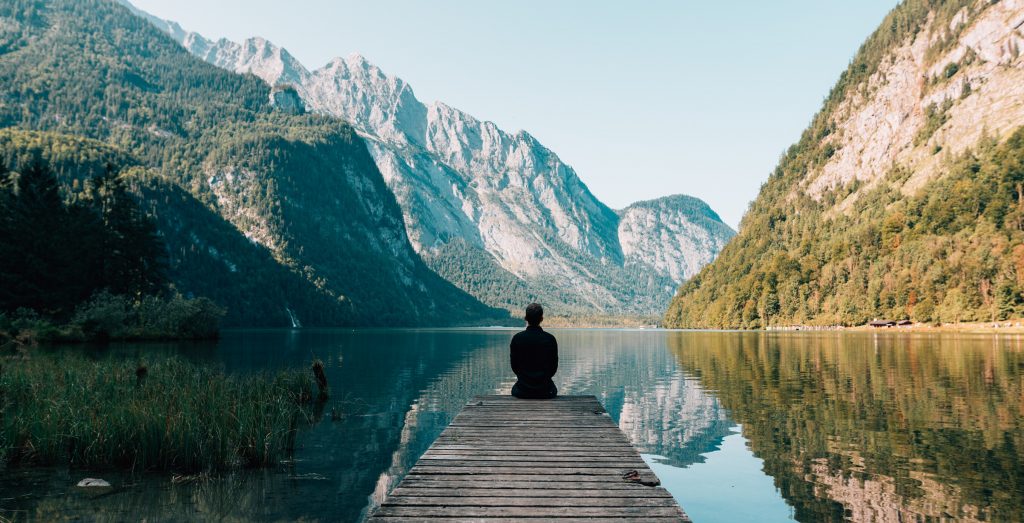Our anxiety and the world today
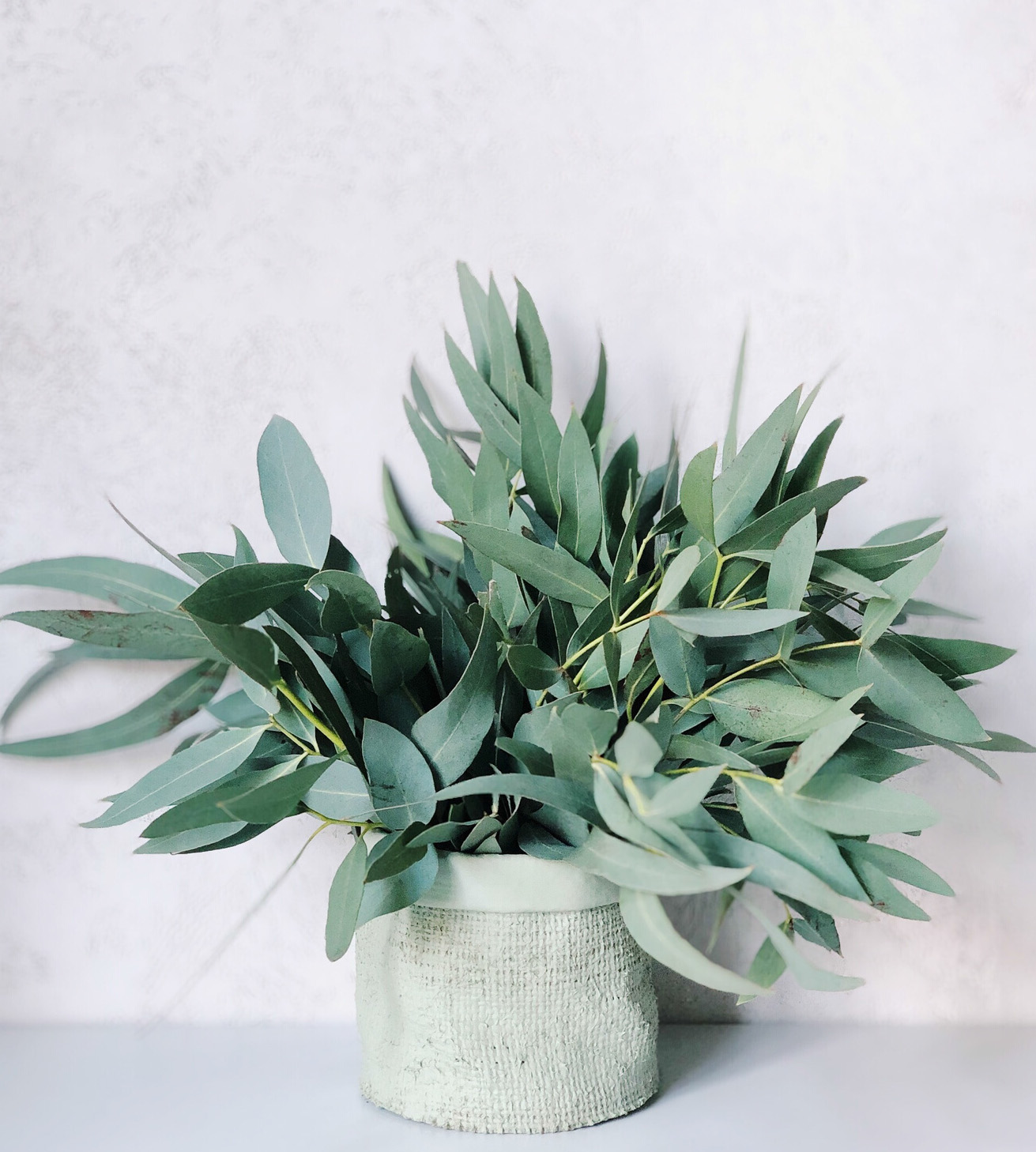
As the world is experiencing a pandemic, the topic of anxiety is certainly at the forefront of many minds. Most of us are currently experiencing it on one level or another, some of us are experiencing the most serious type of anxiety, anxiety relating to very real existential fears. For others, anxiety is triggered by more personal considerations this pandemic has put under the microscope – the direction of our past and current life, our priorities so far and how to continue in the future. As the world is under house arrest, it is the perfect time to explore anxiety – its purpose and nature generally, what particularly triggers our anxiety in the current state of world affairs and how to best manage it to improve our ability to deal with everything that life throws our way with more resilience and calm.
Before I give you my two pennies worth of clinical experience with anxiety and how to best keep it in check during this challenging time, I would like to explore the nature of anxiety first. I usually do this with all clients who are experiencing it to a problematic degree, as I believe that the first step to taking back control when it comes to anxiety is to understand the nature and purpose of it and that the ability to experience anxiety is actually inherently helpful and not bad at all. It is about accepting anxiety as our companion and to not see it automatically as our foe. It is about becoming aware and understanding when anxiety is helpful and when anxiety is becoming a problem in our life.
Every human being experiences anxiety. No matter who you are or where you live, whether you are rich or poor, whether you are in control of your life or whether you are not, we are all familiar with anxiety – the unpleasant feelings of stress and tension throughout the body and mind that can last for short or prolonged periods of time. We are also all familiar with worry, the negative, often catastrophic, thoughts which pass through our mind and can increase the unpleasant feelings associated with anxiety. And we all know fear, the absolute height of anxiety, often associated with panic. And those of us who have been lying in bed awake in the middle of the night with a racing mind also know that negative thoughts create even more negative thoughts, sometimes to the point of sheer panic. We basically “think our way” into a state of anxiety. Negative thoughts can originate in ourselves without an external influence or something we see or hear can plant the seed in our mind from which anxiety starts to evolve. Olivia, a 29-year-old client describes her experience of increasingly negative thoughts provoking increasing levels of anxiety during lockdown in the following way:
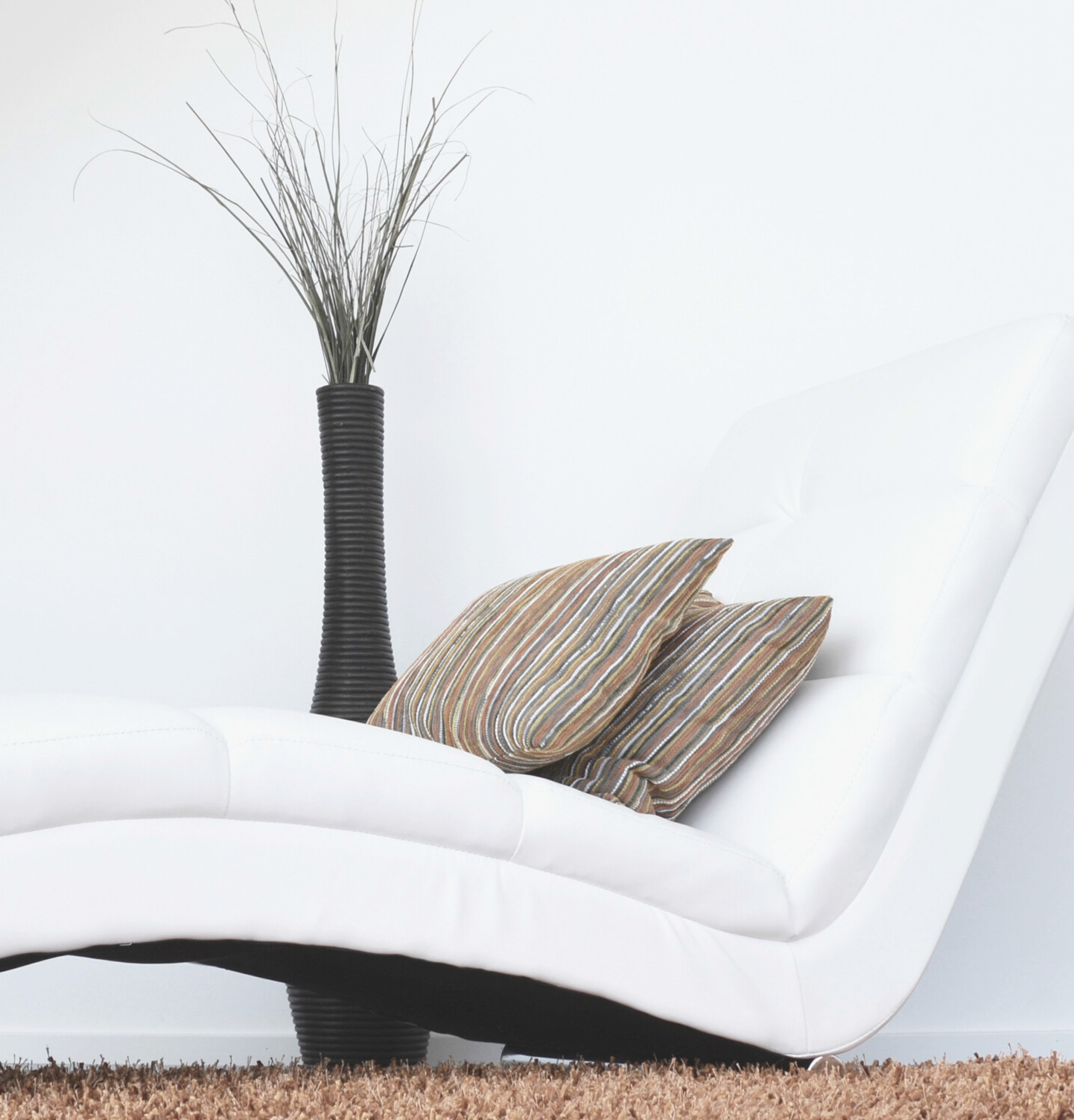
“The first couple of weeks of the lockdown, I coped well. I am generally a strong person and I worked from home to begin with. I live on my own, in a top floor apartment with my cat, I have no balcony, so no access to any external space. Once my work stopped, I was mindful to create a daily routine for myself and use my time in the best way possible. I decided to eat more healthily and exercise more. I would get up, have breakfast and then do some yoga, go out for a brisk walk in the afternoon after my lunch etc. My family lives 3 hours away and I spoke to my mum on the phone regularly. She kept telling me how “complementary” her friends were about me, saying: “Isn’t she strong, coping with this all by herself… I would be so scared being on my own whilst all this is going on!”. I thought nothing of my situation until I heard other people’s comments about me. I was fine until I heard them talking about me in that way. Negative thoughts started to creep in, then it hit me. I realised I was alone and my thoughts circled around me staying in this way forever. I stayed in bed and cried and had to stop looking at any social media posts which showed happy families together during lockdown. I felt very vulnerable and scared and anxious that my future would always be like this – that I will be unable to find somebody and create a settled life and have a family of my own.” (Olivia, 29)
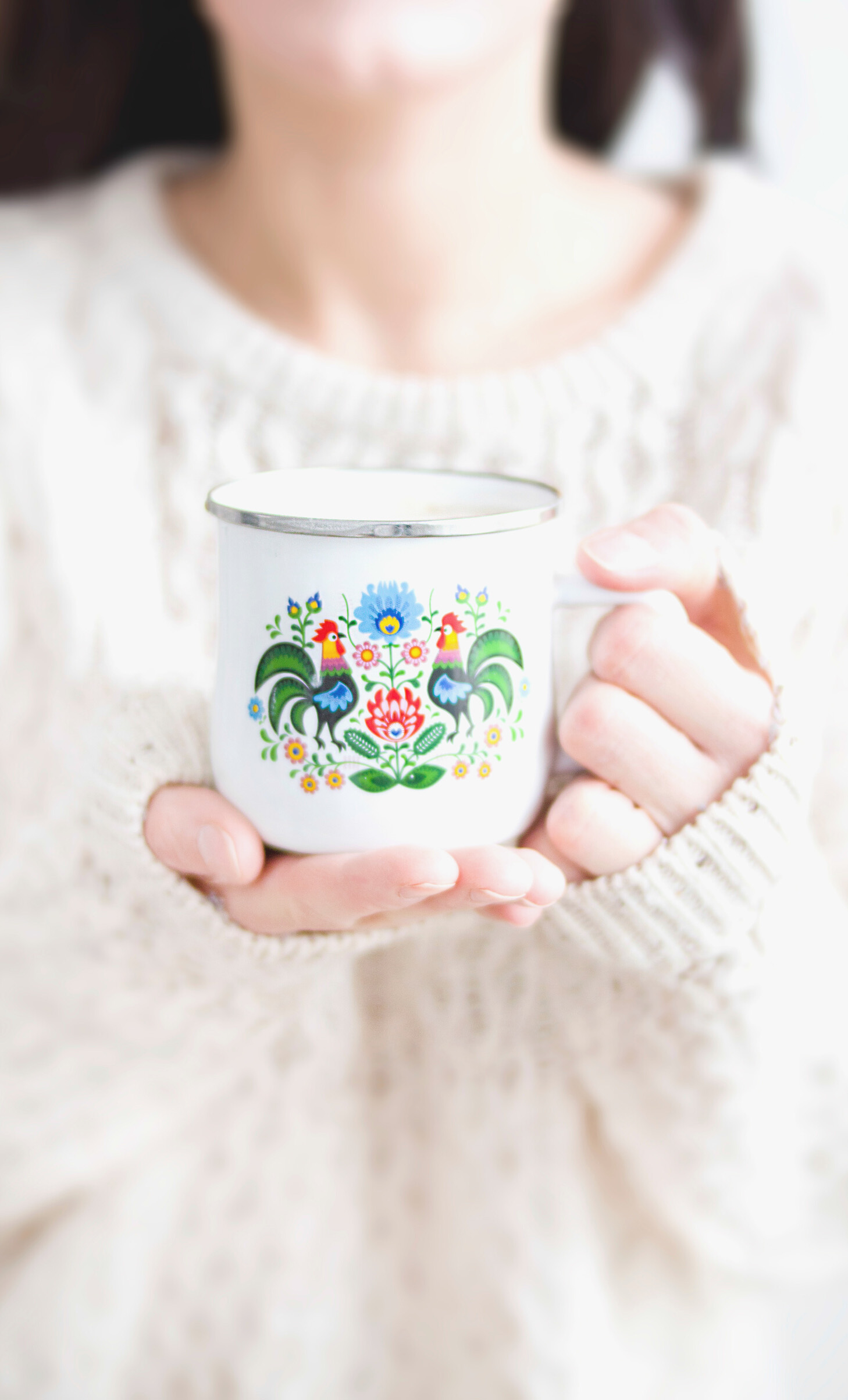
Problems with anxiety are very widespread across the world, even without a pandemic, and the effects of uncontrolled anxiety on peoples’ lives can be devastating. This is mainly due to the fact that anxiety, if not treated or controlled by ourselves, has the tendency to spread like wildfire. Negative thoughts spiral out of control and then anxiety grows through fear conditioning and through emotional and experiential avoidance – in simpler terms – trying to not feel the anxiety is creating the pathway to problems with anxiety. Let’s look at this more closely:
Feeling anxious is NOT a nice experience. We usually associate anxiety with negative and uncomfortable thoughts, feelings and body sensations (sensations in the stomach, chest, throat, sweating, increased heart rate, experiencing a “fuzzy head” and an inability to think straight, feelings of restlessness and not being able to “switch” the mind off). Therefore, we mostly try to get away from those sensations as fast as we possibly can. We even feel bad about our ourselves for feeling anxious and being unable to cope and that of course creates more negative thoughts about ourselves, our situation, our inability to deal with our issues and leading to even more anxiety.
As anxiety worsens and triggers a constant stress response in the body, which in turn influences our thoughts to increasingly negative thinking and vice versa, individuals often experience outbursts of anger and depression. In an attempt to deal with it all and escape these unpleasant feelings, people often find ways to “self-medicate” and achieve temporary relief from the problem, commonly by adopting maladaptive coping strategies, strategies which provide a short term result but ultimately lead to increasingly dysfunctional patterns in peoples’ lives and the relationships they have. Maladaptive coping strategies are ultimately self-defeating/harming behaviours individuals engage in: the increased consumption of alcohol, smoking, overindulging in food, excessive use of illegal or prescription drugs, promiscuous sexual and high risk behaviours as means of escape from reality, not just on occasions but on a regular basis.
Not all anxiety needs professional treatment, there are many ways we can all learn how to better manage it. Although anxiety is a universal human experience, some people are better than others at managing it.
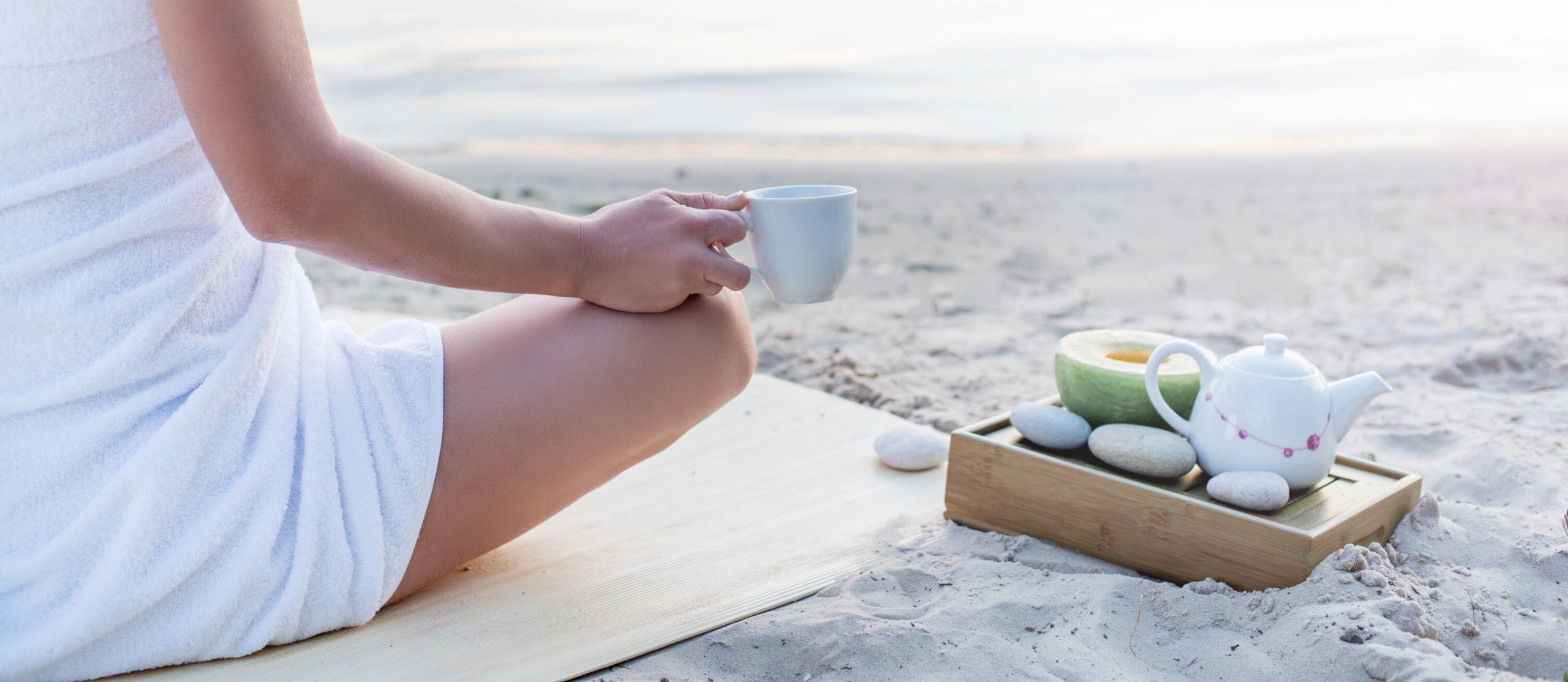
How anxious you are depends on a variety of factors: inherited genetic predisposition, negative childhood experiences, past emotional traumas and current life stressors. These factors determine our resilience and ability to deal with stressful situations and anxiety. It determines our ability and threshold to bear uncomfortable emotions and feelings triggered by life events. That’s why some individuals are “naturally” very good with managing anxiety, others need to put a little bit more work in to try and manage these universal feelings in a better way. However, as anxiety no doubt presents as the number one spoiler of our own health (physical and mental) and wellbeing and our close relationships, it is worth looking into how you can make everything a little bit easier for yourself in dealing with day to day life but also the current global situation.
Therefore, the first step towards a better life experience and getting on top of your anxiety is to talk about why it actually isn’t at all bad to feel anxious. The secret of dealing with anxiety is to learn to “hang out with it” rather than trying to get away from it at all cost or even feeling bad about ourselves for feeling anxious. So don’t despair, keep reading.
If you are by now hooked on the “Tales of Anxiety”, view “Part 2: We did not evolve to be happy”.

